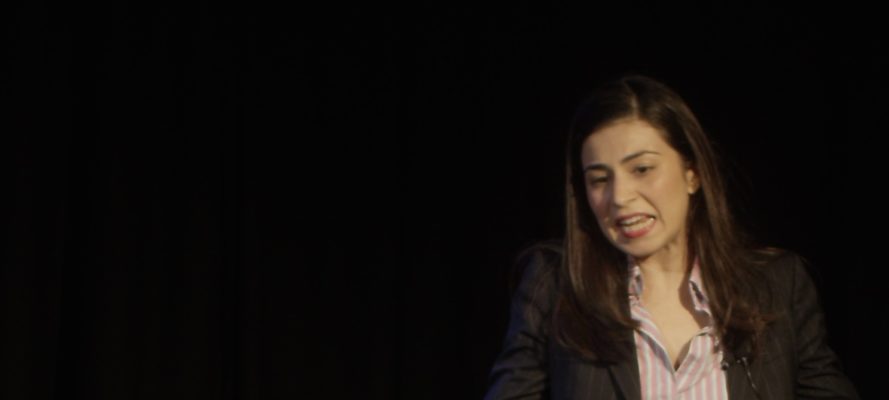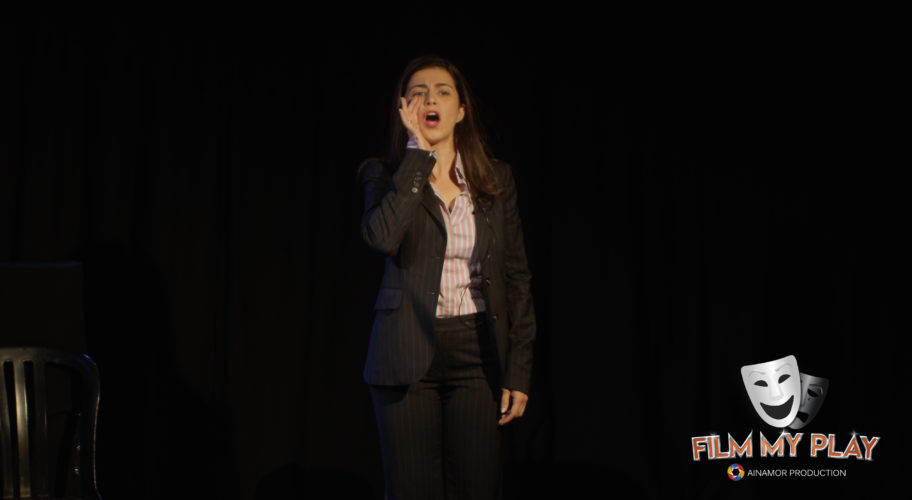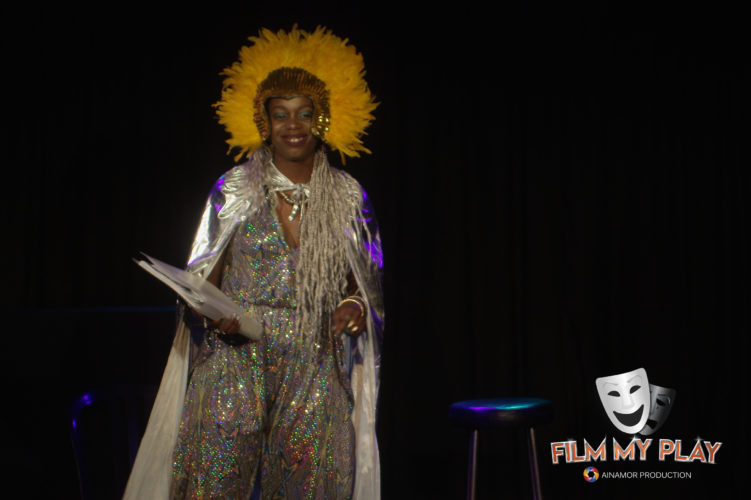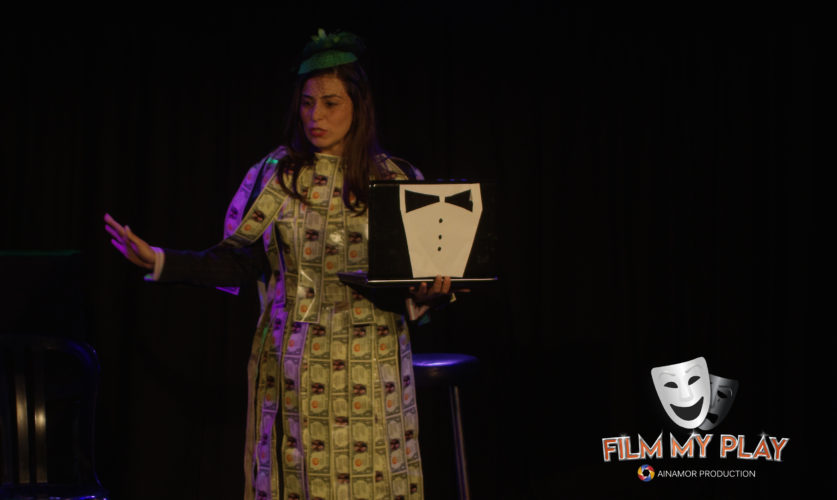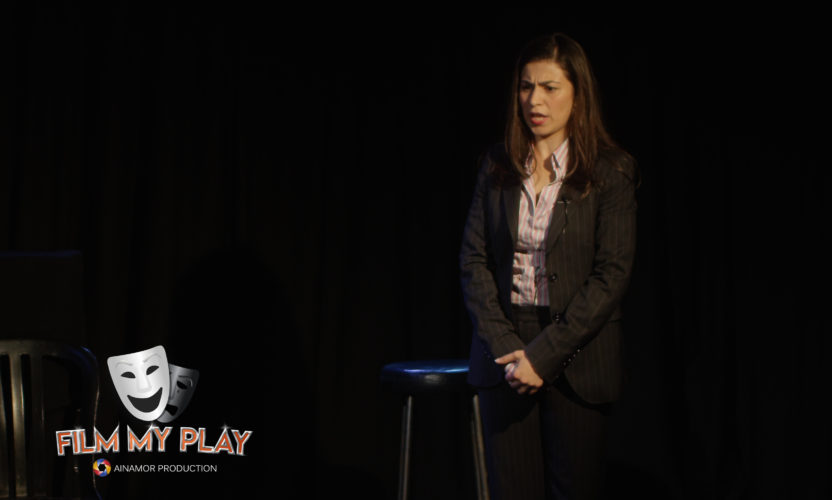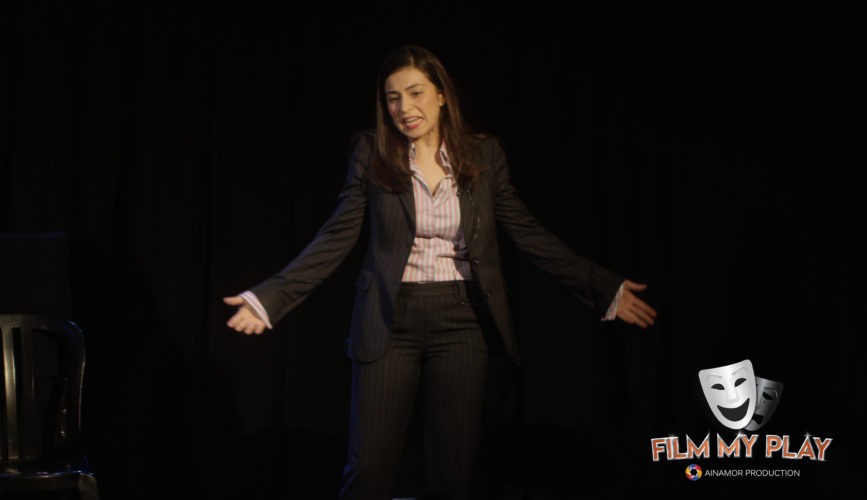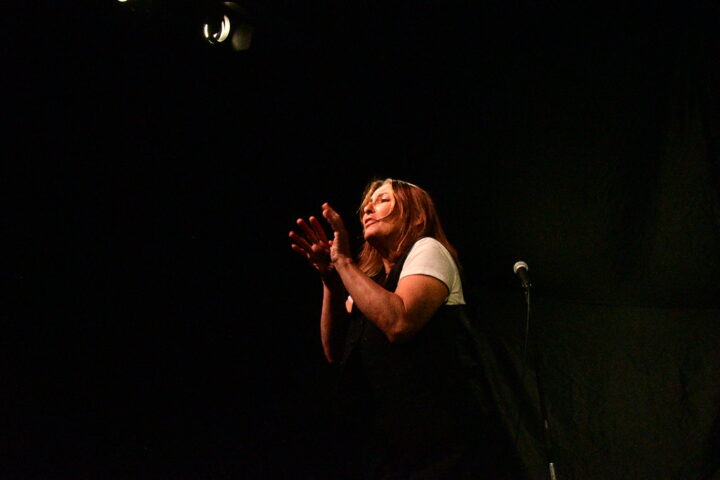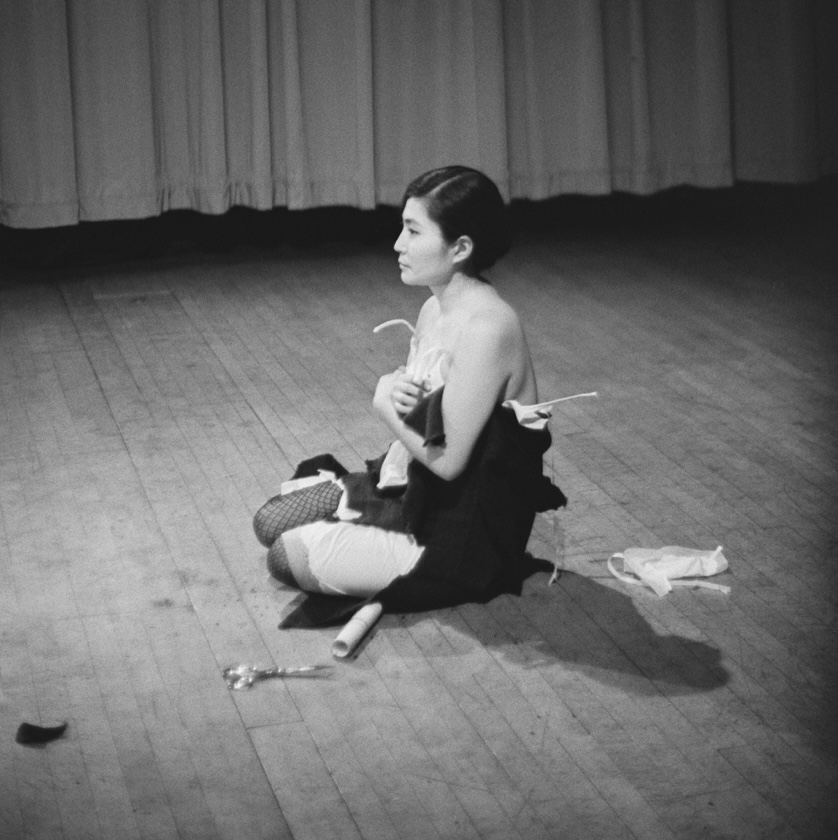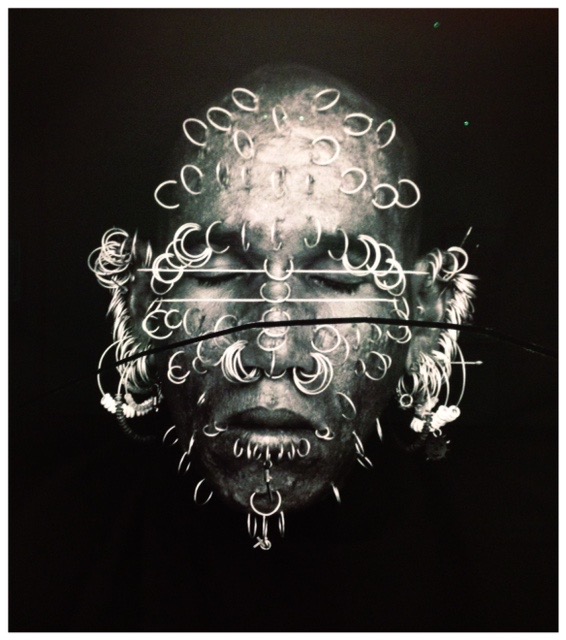Don’t blame the Bankers …. $toopid
By Beverly Andrews
London’s reputation as a stellar, theatrical hub is known around the world. The destination for many theatre goers, who arrive on this country’s shores, is London’s acclaimed (and expensive!) West End. Or its equally acclaimed but slightly more affordable National Theatre. Many hidden theatrical gems though are to be found, slightly further afield, in many of the city’s fringe theatres. And one of the showcases for this work is Camden’s Fringe Festival, an annual festival in the city, which show cases, edgier, more topical plays, which you would never find in the West End. One of the treats at this year’s festival, appearing after a successful run at last year’s Edinburgh Festival, is the charming “Don’t Blame the Bankers … $toopid”. At Maida Vale’s delightful, Canal Café, "Don’t Blame the Bankers …, $toopid” is a blisteringly funny, insightful look at a financial sector novice’s experience on the trading floor. Written and directed by Serafina Salvador, who also appears in the piece, it offers a refreshing, insightful and, that rare thing, female perspective on our current economic madness.
The play opens with Salvador’s central character’s first day in the job, when she finds that she is the underling. She becomes our eyes and ears into this secret world. And we are often shown a disturbing portrait where overworked and stressed out traders live in fear of losing their jobs in case they have made the wrong trade but in turn are expected to make financial decisions which ultimately will affect all our lives. One the piece’s funniest moments comes when our central character thinks she had done just that, made the wrong trade, only to find out that she has in fact, done the exact opposite and made the bank’s client a great deal of money. Just that scene alone demonstrates the sheer madness of a system where a simple click of a button can either make or lose millions in seconds.
Anne Musisi, who plays a rather baffled angel, coming to earth to observe how the human race has fared, joins Salvador on stage. She seems particularly baffled by the fact that we have created an economic system, which seems to cause so much misery for so many people.
As our central character becomes ever more stressed out, in this pressure cooker environment, we move ever closer to the date of Lehman Brother’s Bank collapse, triggering a global financial crisis that the world is still grappling with today. The play makes several important points, not least of which, is that the financial sector isn’t a separate entity, a demon we can in our righteous indignation all condemn, but is in fact the engine for our society. So to criticise the sector and the economic inequality it often causes, is also to criticise ourselves, since we created it and in fact we profit from it each and every day.
At the play’s conclusion, our plucky, young heroine, finally escapes the trading floor, slightly older but very much wiser. The play leaves the audience with its central message; that a society devoid of spiritual awareness, one solely based on the quest for ever more financial profit, is very much a society which, like our global financial sector eight years ago, is ultimately one doomed to collapse.
FΩRMIdea London, 7th September 2017.
Other articles by Beverly Andrews:
https://form-idea.com/multilingual-film-reviews/
